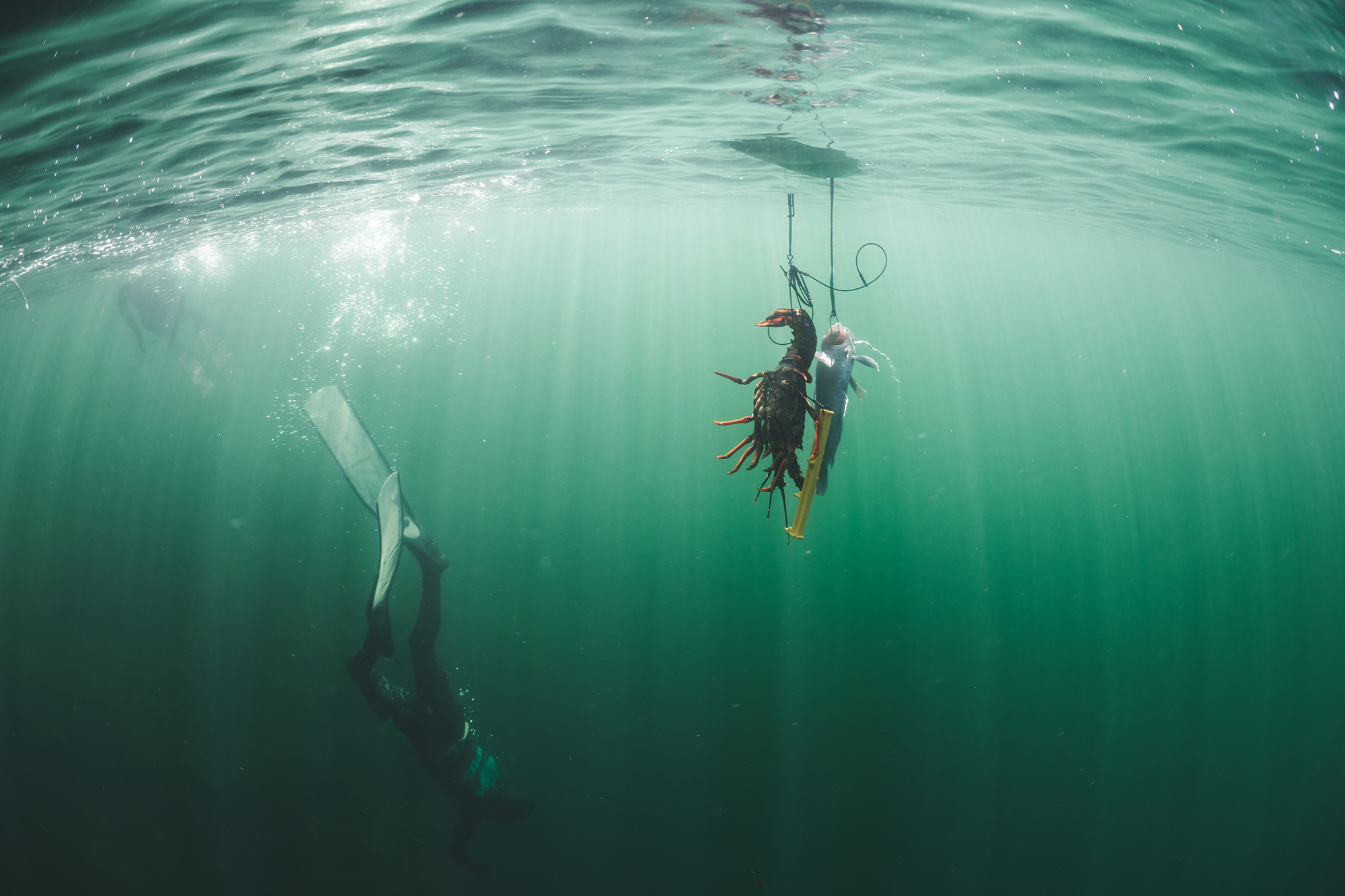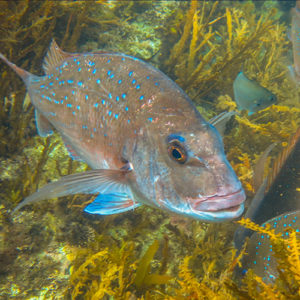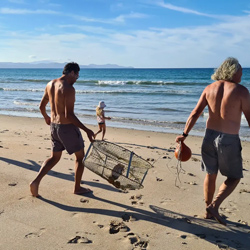Recreational fishing and environmental advocates are calling for a strong public movement to oppose changes to the Fisheries Act which threatens New Zealand’s staple fish species and the marine environment.
The proposal, announced by Minister for Oceans and Fisheries, Shane Jones, includes a variety of reforms to the Fisheries Act, such as removing public consultation from future fisheries decisions and preventing footage from commercial fishing vessels being included in Official Information Act (OIA) requests.
Sam Woolford, from LegaSea, says: “The changes are designed to remove public consultation and public scrutiny of the commercial fishing industry who ironically have access to our public resources. They freely use words like “sustainable” and “responsible” but actions speak louder than words. If there is nothing to hide then why all the secrecy?”
“The proposed changes will not benefit the public or the marine environment. They’re solely designed to maximise economic returns for company shareholders, with the marine environment once again being an afterthought.”
LegaSea says this isn’t the first time major changes to the Fisheries Act have tried to be enacted. In 2022, LegaSea, the New Zealand Sport Fishing Council and other environmental groups lobbied against reforms to the Act that threatened to remove public consultation.
More than 6000 public submissions opposing the proposed Bill were received. The clear public opposition led the Minister at the time, David Parker, to remove controversial provisions in the Bill and prioritise the environment.
Scott Macindoe, President of the New Zealand Sport Fishing Council, says: “The commercial fishing industry has been lobbying successive governments to loosen regulations around commercial fishing for decades. They have failed each time because the public has pushed back.
“The proposed changes do not incentivise the industry to transition to more selective harvest techniques. It’s purely for short term economic gain that will have long term environmental costs that future generations won’t be able to ignore and will be forced to pay for,” says Macindoe.
The public can make submissions to Fisheries NZ on the current proposed changes by 28 March 2025. (NB: Deadline extended to 11 April 2025)
Surrounded by industry officials, the Minister’s announcement was clearly overt in its support for commercial fishers and quota owners.
“As the commercial sector stood side by side with the Minister in a joint press conference, it reflected a remarkable display of solidarity and while there was a conspicuous absence of any environment or public fishing interests,” says Woolford.
“It was clear there had been a lack of consultation with groups that are key to safeguarding the marine environment and New Zealand’s fisheries.”
Woolford says a 2024 report by the Ministry for Primary Industries showed that since the introduction of cameras on boats, the volume of fish discarded overboard increased by 46%.
“We would expect this number to increase with changes to camera and discard rules. We will do our best to guide Kiwis through what the proposed changes really mean for them, our marine environment and how little they will contribute to restoring the abundance of our sacred inshore fisheries.”
Some of the other proposed changes to the Fisheries Act include:
- Amending commercial fish discard rules to allow unwanted fish to be dumped overboard at sea.
- Allowing the commercial fishing industry to carry forward Annual Catch Entitlement (ACE) if they haven’t caught annual catch limits.
- Removing public consultation from decision making processes, including catch limit changes for specific species.





